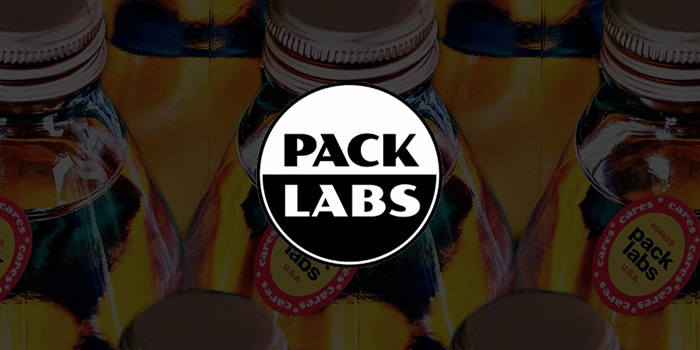As he remembers it, when Kyle Buckley co-founded Grady’s Cold Brew alongside Grady Laird in 2011, “cold brew” was far from an established category.
“When we went to find co-packers, nobody knew what cold brew was,” he said.
The seed for Pack Labs, a co-packing facility in Downington, Pennsylvania, set to go online in June, was born out of that experience, according to Buckley, who has stepped back from hands-on operations at Grady’s. By focusing on flexibility and reducing overhead, he’s hoping Pack Labs can be both a bridge for emerging brands to get to market and a runway for them to keep expanding long-term.
“It tends to be a chicken and egg situation (for brands)” he said. “You build up volume in beverage specifically to get the attention of the bigger co-packers, and you need to have a ton of industry experience or enough funding to support years worth of inventory. And in a world where brands need to innovate, it’s very difficult for someone to put out a decent volume and not be able to innovate.”
That principle — “over-engineered to be hyper-flexible,” as Buckley described — informed production design at Pack Labs, which uses a fully automated system optimized for versatility and volume. The facility can produce bottles and cans, as well as custom labels, and offers tunnel pasteurization and carbonation. Dosing can be done in-line, providing an option for brands using hemp extract or other soluble functional ingredients. While the plant won’t have fermentation tanks, Buckley noted that it will be available to work with shelf-stable kombucha brands.
In terms of volume, Buckley said the automated system will give brands greater leeway to speed up or slow down production as needed without overly straining the business. The idea is to open up the tent to a wider array of brands, but not simply as a stepping stone.
“It had to be flexible enough where we could operate on a full-day run and still have our goal be relatively affordable for the brand, and then also have the ability to be there for when it does take off and we can be that partner at scale.”
Using technology will also help the team stay lean and focused on more value-add priorities, Buckley said.
The location, the former site of a Goldfish crackers manufacturing center for Pepperidge Farms, has room for expansion and additional bottling lines. Around five to seven people will be on the floor at at time, mostly line operators loading batches and monitoring equipment, including robotic palletization, ensuring the team stays lean and focused on more value-add priorities. In production roles, Buckley said he has looked towards brewers, who bring both expertise in formulation and an entrepreneurial spirit that matches that of the co-packer’s clients.
According to Buckley, Pack Labs has already assembled a diverse group of clients, ranging from pre-launch brands to entrepreneurs looking to scale or establish an East Coast manufacturing presence. As he connects with beverage start-ups, he’s hoping to offer the kind of hands-on brand experience and willingness to take risks that he found lacking in co-packers when he launched Grady’s.
“Overall, I think the manufacturing side has been given the least amount of attention,” he said. “When you look at who that is, It tends to be third-generation families, or owned by private equity, or super high volume, because for the last 30 years that’s how you would compete. In a world where quality and volume are more important, and where price point is less of a factor, you need a different kind of manufacturing outlook.”
